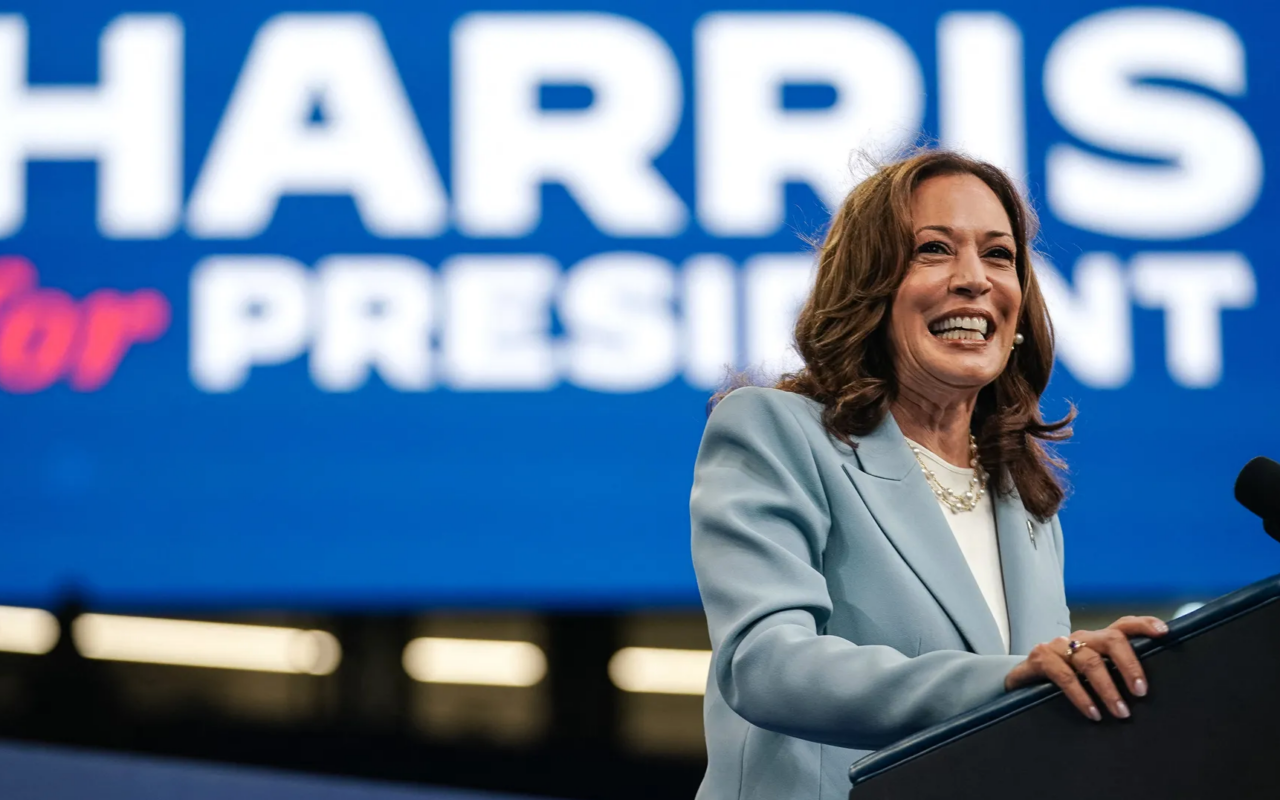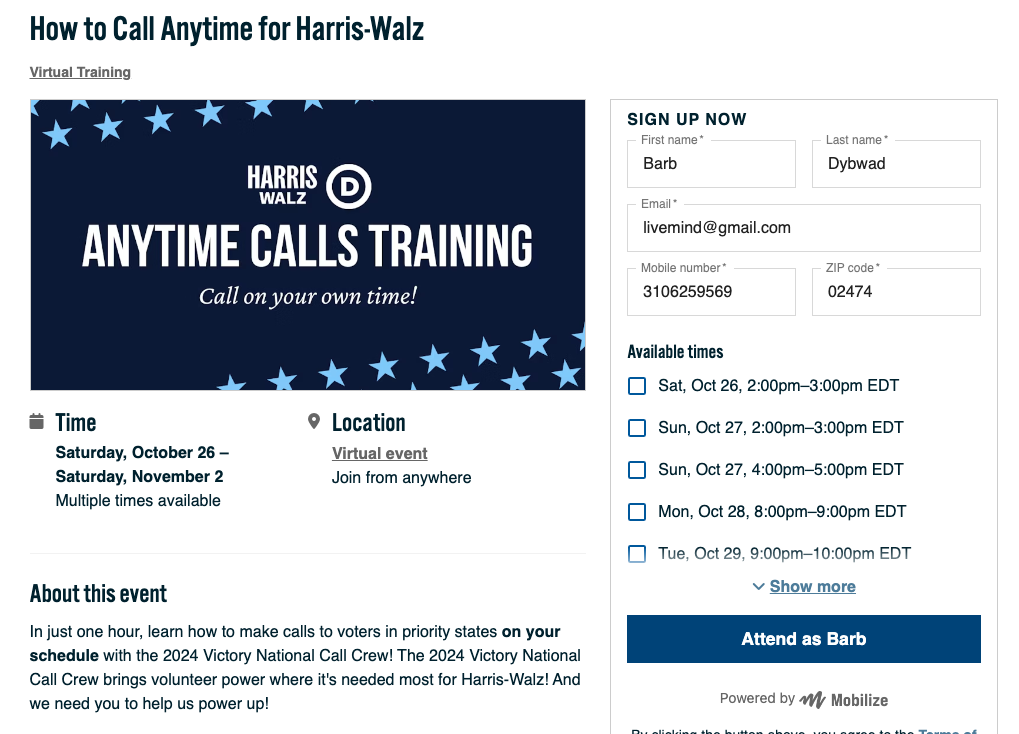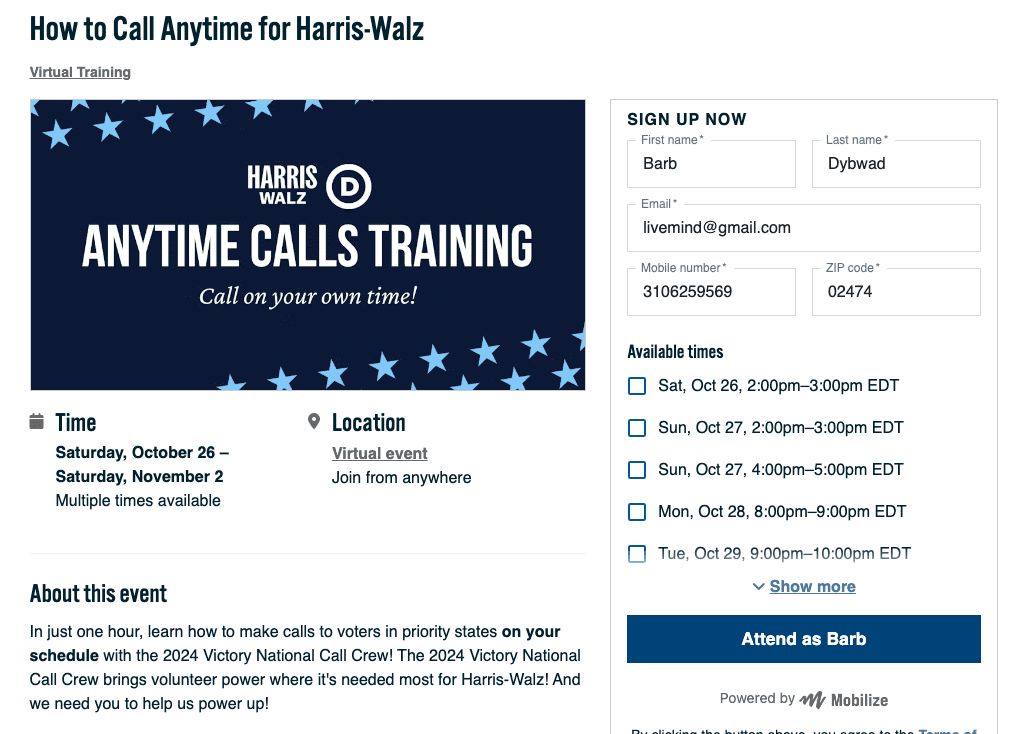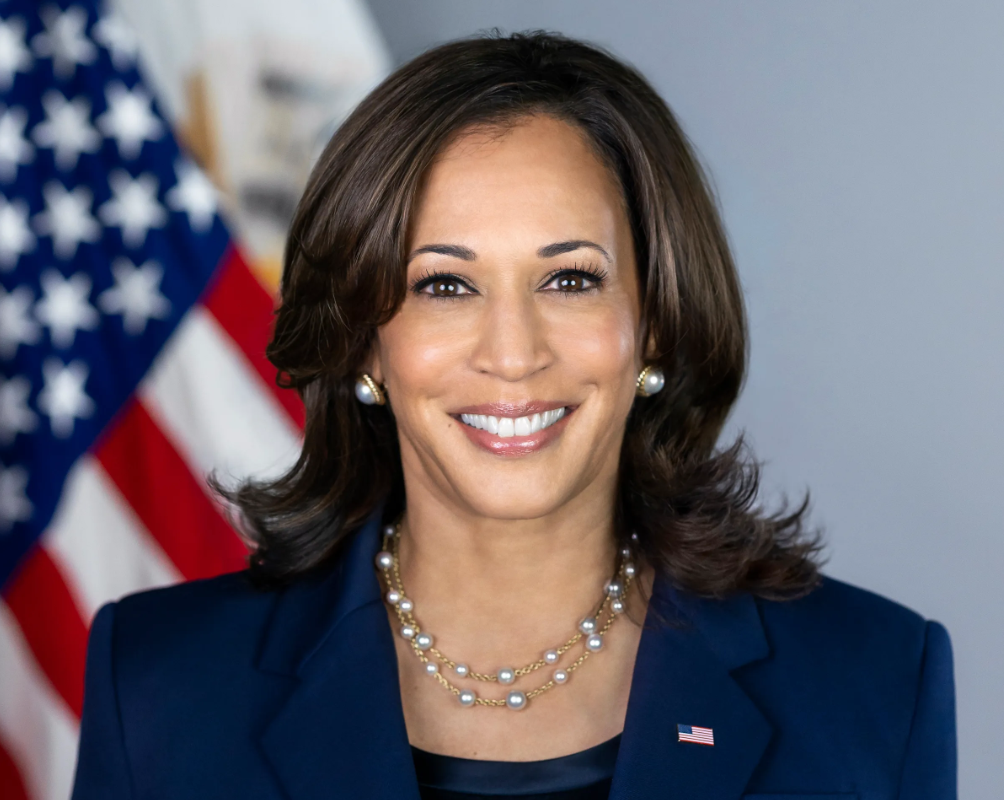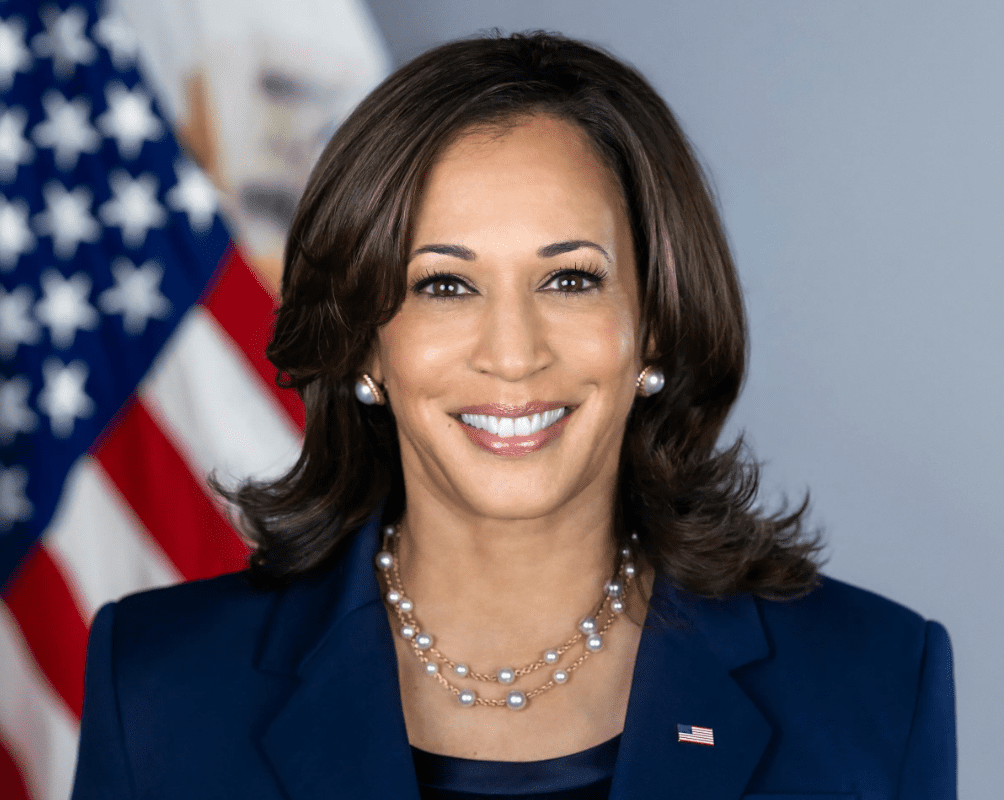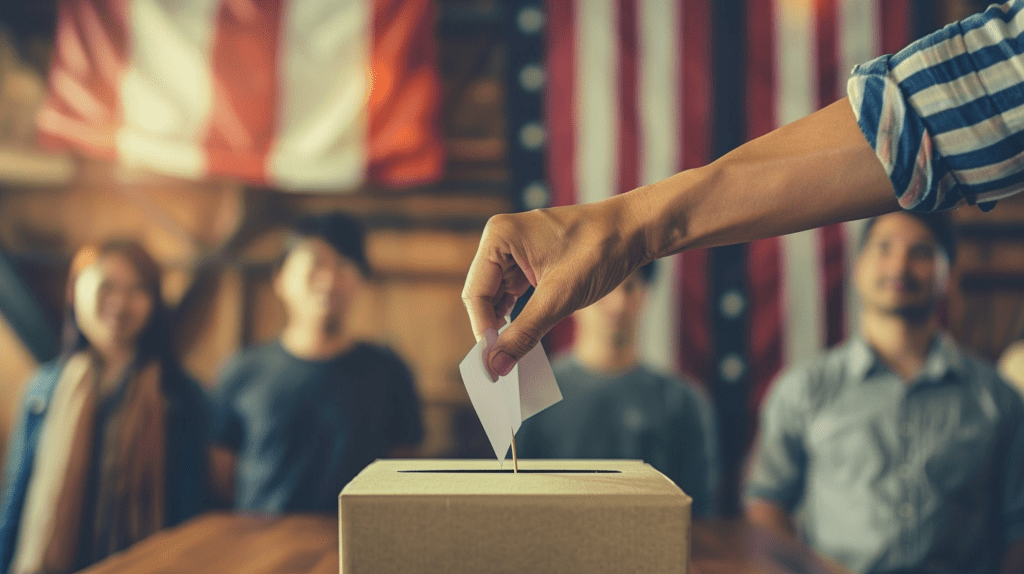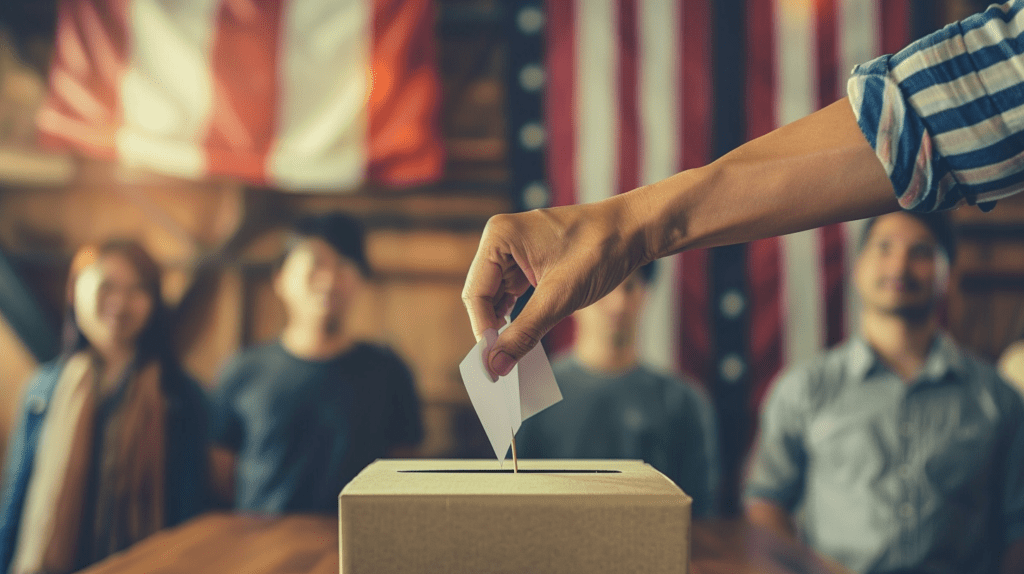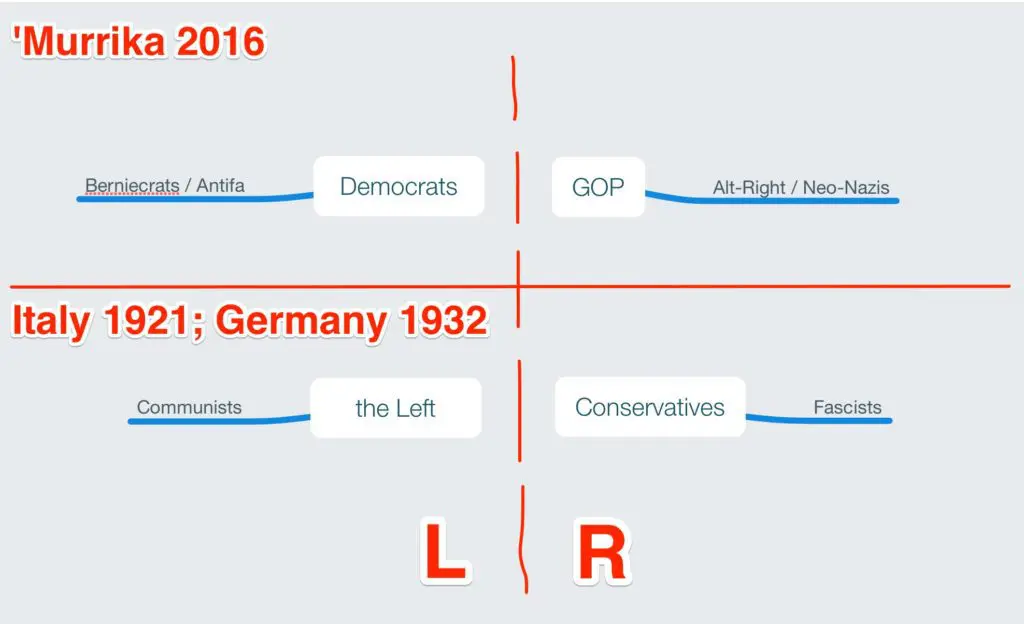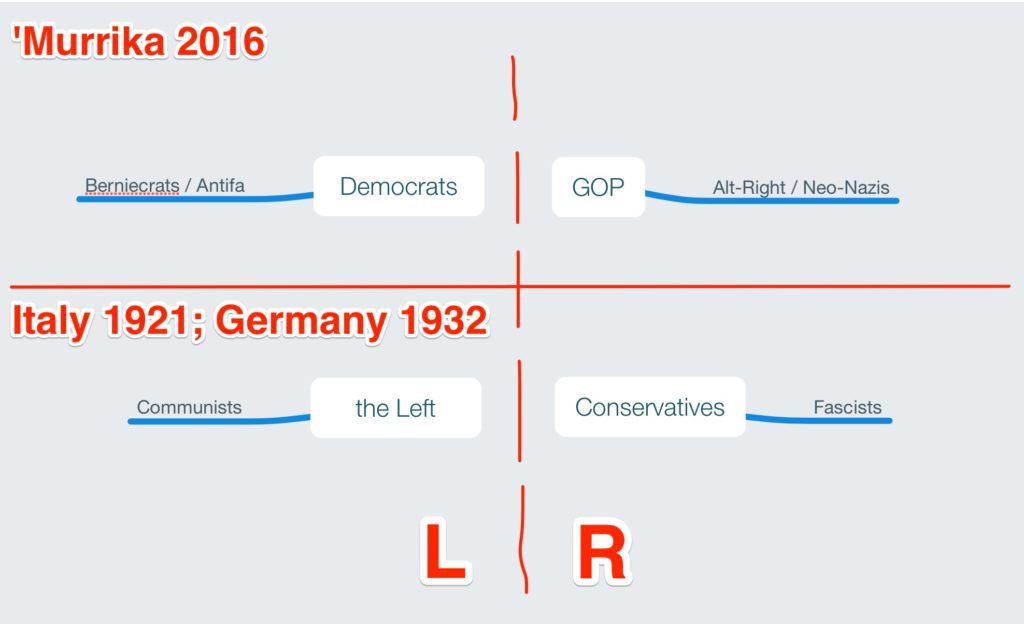As the 2024 election season heats up, Kamala Harris’s policy platform has begun to shape a forward-thinking blueprint for what she calls an “Opportunity Economy” and a “New Way Forward.” With an approach that blends economic pragmatism and social investment, her policy outline aims to strengthen the middle class while addressing the core issues faced by millions of Americans today. Kamala Harris policies zero in on economic stability, healthcare affordability, and supporting American families through accessible resources, tax cuts, and an intentional focus on civil and reproductive rights.
Though some complain about not knowing what her policies are, she speaks of them in every speech, interview, or discussion and has them freely available on her website. Mainstream media in particular ought to be doing more of their own research vs. entertaining spurious claims that she has outlined no 2024 policy proposals. It’s also a quintessential example of the way women are forced to thread a needle in a way that men simply aren’t — I’m old enough to remember when Hillary Clinton was once famously derided for being too wonky and having too many policy proposals. You really can’t win.
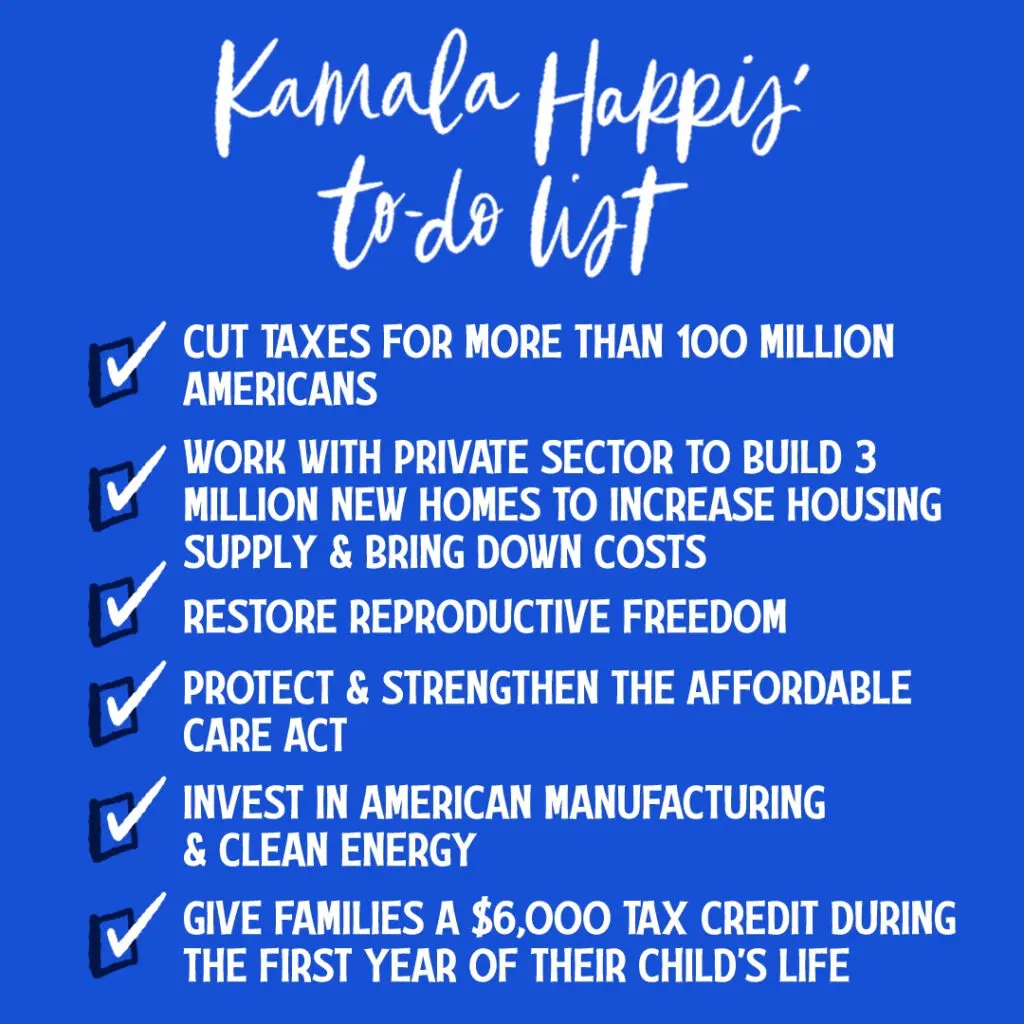
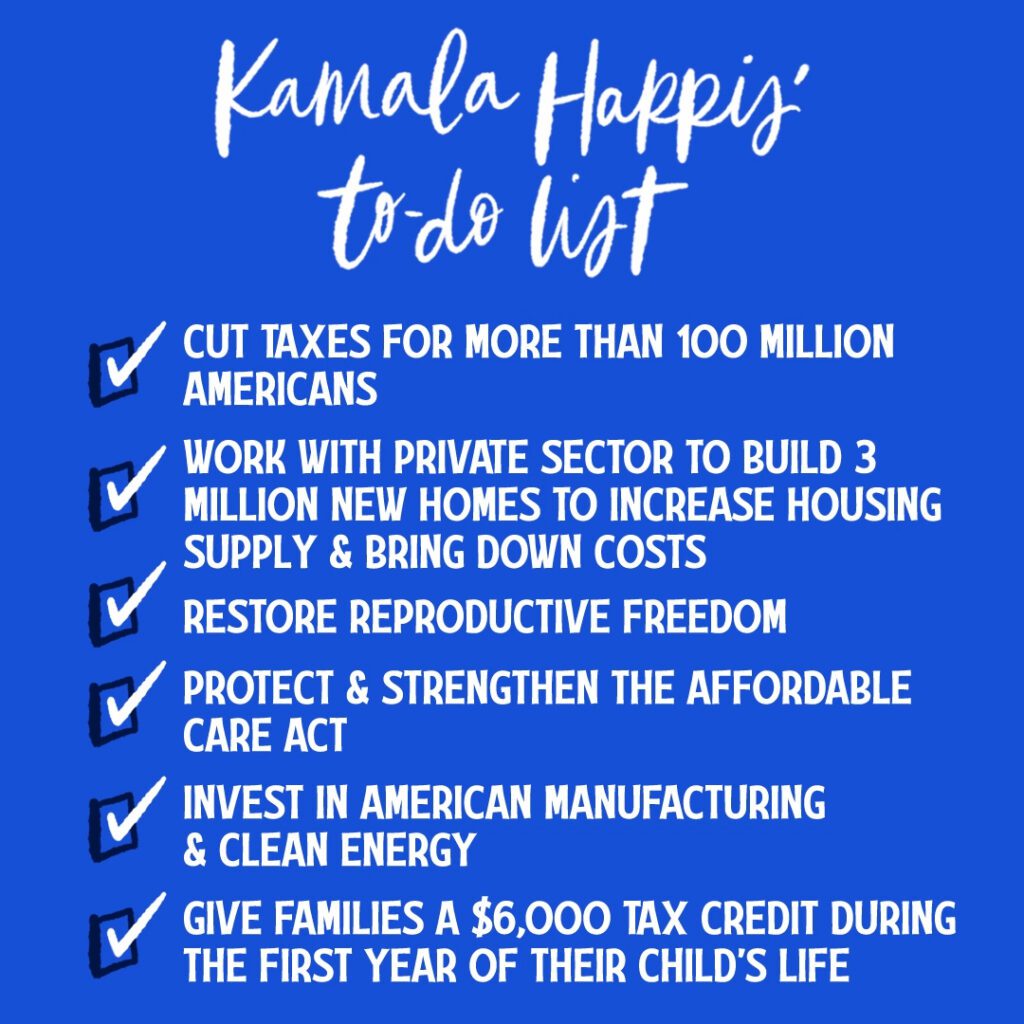
Meanwhile, Harris has a robust economic plan for the middle class as well as fighting staunchly for civil rights, voting rights, reproductive freedom, and democracy in an increasingly multipolar world. Harris’s economic policy combines key strategies designed to lower costs for middle-class families—fighting inflation, tackling price gouging, and expanding Medicare to help the “Sandwich Generation” juggling care for both children and aging parents.
Her policies also encourage entrepreneurship through substantial tax deductions for small businesses and foster a fairer housing market by promoting affordable housing initiatives and cracking down on price fixing. Harris’s vision is one of a sustainable, inclusive future where both family support and economic growth converge to drive lasting change.
Beyond economic reform, her platform emphasizes national security, comprehensive immigration reform, civil rights protections, and an ambitious climate policy. Together, these components create a multifaceted approach intended to protect American values while boosting prosperity. Harris’s policy platform offers voters an actionable vision for a stronger, more equitable America built on accessible opportunities and resilient middle-class foundations.
Kamala Harris economic policy
Kamala Harris has been promoting her economic policy agenda since mid-August — which was a mere 2 weeks since becoming the new top of the ticket suddenly and unexpectedly when Joe Biden decided to withdraw from and race and pass the torch. Her “New Way Forward” for the economy is rooted in a central goal of strengthening the middle class through practical, targeted policies. Aiming to create an “Opportunity Economy,” her platform emphasizes lowering costs for families, capping drug prices, tackling price gouging, and expanding Medicare to better support those juggling elder and child care responsibilities (aka “the Sandwich Generation”).
Continue reading Kamala Harris policies